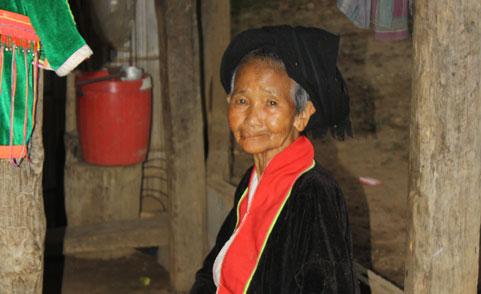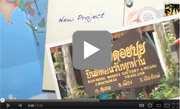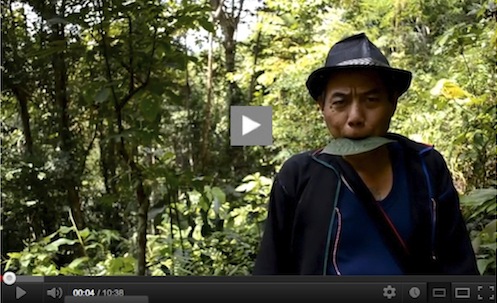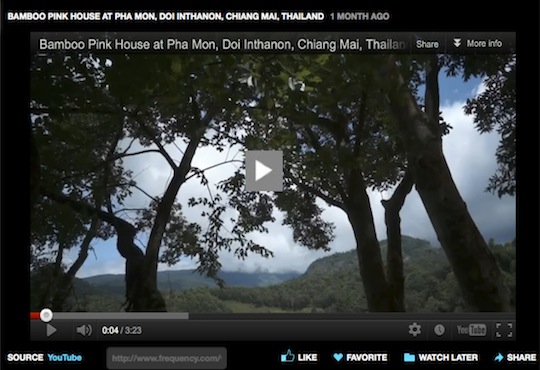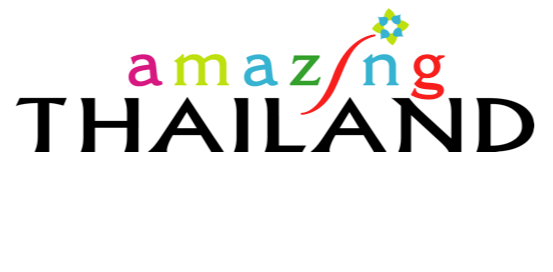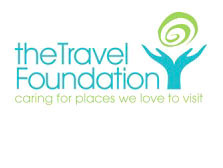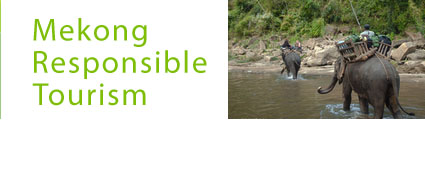Akha hilltribe
The Akha
Origins
The Akha originated in Yunnan in Southern China. Yunnan has the highest Akha population. Over several centuries many Akha have been migrating southward from their original home. In the middle of the 19th century significant numbers were moving into Kengtung State, the easternmost of the Shan States of Burma. Others made their way into Laos. The Akha in Thailand came from Burma.
The first Akha village in Thailand was probably established in 1903 in the Phaya Phrai area on the Burmese border. Phaya Phrai is in Mae Fah Luang District, Chiang Rai.
Where do they live?
The Akha live in Yunnan China, Kengtung in Northern Shan State in Myanmar, Northern Thailand, Laos and North Vietnam.
An area with a large percentage of Akha is Mae Salong (now known as Santikhiri) in Chiang Rai province.
Akha villages are also found in the area of Ban Therd Thai (formerly known as Ban Hin Taek), a former residence and base of the so-called "Opium King", Khun Sa.
Subgroups
In Thailand there are basically two subgroups of Akha: Akha Loi Mi and Akha U Lo. The Loi Mi are easily recognizable by the distinctive metal plate on the back of the women's head dress. The U Lo women wear a conical headdress.
Language
The Akha speak a language in the Lolo/Yi branch of the Tibeto-Burman language group. The Akha have no traditional written language. There are a variety of schemes for writing Akha which have been developed by missionaries or linguists which employ Roman, Thai or Burmese characters, but literacy in Akha is still virtually non-existent.
Religion
Though many Akha, especially younger people, profess Christianity, Akha Zang (The Akha Way), a total lifestyle perscribed in the oral literature of the Akhas, still runs deep in the consciousness of older generations. The Akha Way combines animism, ancestor worship and their deep relationship with the land. For an Akha, the Akha Way is a way of life which extends beyond simple religious practice and infuses every aspect of their existence. The Akha Way emphasizes rituals in everyday life and stresses strong family ties; every Akha male can recount his geneology back over fifty generations to the first Akha, Sm Mi O.
Culture and lifestyle
The Akha generally live in bamboo houses raised on low wooden stilts in hilly areas. These huts are divided by gender - one side is for the women, and the other side, occupied by the men, is used as a more public area. The Akha subsist through an often destructive form of slash and burn agriculture which can result in elimination of old growth forest, native animal species and serious soil runoff problems. They are expert farmers who focus on mountain rice, corn, and soybeans that are planted in seasonal shifts. The Akha are also very efficient hunters, though their prey sometimes includes endangered species. Some Akha grew opium for income in the past.
Important festivals
The most famous Akha festival is the swing festival. This festival takes place at the peak of the rainy season which is the end of August or the beginning of September. More about the swing festival:
Tiger Trail tours that include visits to Akha villages
TTTK02 - Tribal Culture of Chiang Dao Join in Tour - 3 days
TTTK03 - Chiang Dao in depth Tour - 4 days
TTFT05 - Akha & Palong Experience – 3 days
Interesting links
This website contains a lot of interesting information on the Akha:






